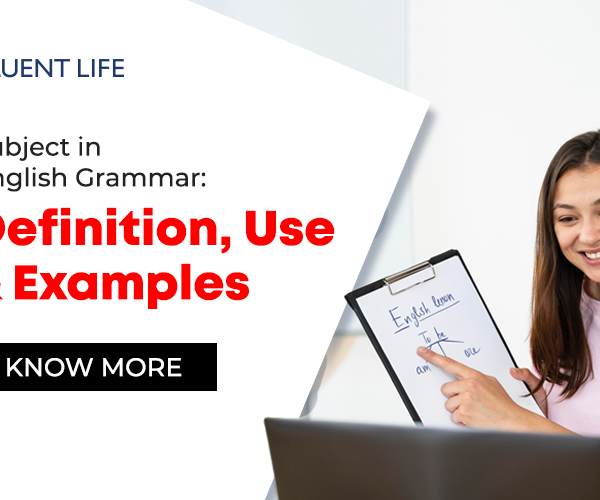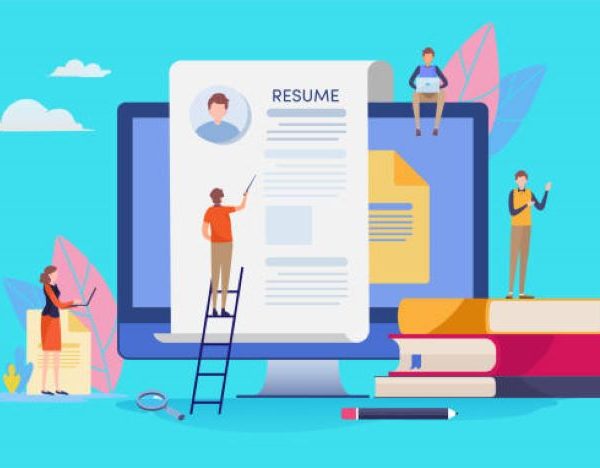
All of have seen some pretty good movies, right? There are definitely tons of movies out there that are really well produced. In fact, all of us probably have a favourite movie that we could never get tired of, no matter how many times we watch it. But, what about the bad movies? We’ve all seen some pretty terrible ones too. We talk about the good movies, but we definitely talk about the bad ones too. At least if only to warn others about how awful the movie was.
Sometimes though, we all face problems when trying to accurately convey exactly what we’re trying to say.
Read on to learn exactly what to say, to make your conversational partner understand what it is that makes the movie you dislike, so bad. Happy learning!
So, let’s start by taking a basic situation that all of us can relate to, and work from there.
*You’ve just seen the latest movie released by Disney last week, and you hated it. You’re telling your friend about the movie*
Read on to find the overall flow, specific vocabulary, phrases, and expressions that can be used for an effective and fluent conversation on this topic. Right below is your guide to having an engaging conversation!
A conversation has specific phases that it goes through. Here is a quick look at what we suggest to guarantee you a smooth conversation.

Content : What is it that you are going to talk about?
Use the ‘wh’ questions along with the keywords to help you put together the content.
- Where did you watch the movie? – I bought the DVD, I saw it at the theatre etc.
- How did you come across the movie? – A friend told me about it, I saw a billboard ad for it, I saw a youtube video about it etc.
- What was the worst part of the movie? – Climax, Denouement*, Plot twist etc.
- Who is your least favourite character from the movie? – Protagonist, Antagonist, Supporting character, Comedic relief sidekick etc.
- Why do you dislike the character? – Poorly written, Bad acting, Terrible dialogue delivery etc.
Choosing Contextual Vocabulary
Choosing contextual vocabulary to suit the scenario you’re talking about can be very important when it comes to giving depth and clarity to what you’re trying to say, as well as piquing* your partner’s attention. In this case, you’re talking about a movie you like.
Listed below are a few words and phrases that could come in handy while elaborating on the movie. Additionally, the meanings of a few starred (*) words are given at the end of this article that you could also use!
- Plot
- Protagonist/Antagonist*
- Cast
- Acting skill
- Climax
- Denouement
- Director, Producer etc.
- Plot Twist
- Soundtrack
- Movie Reviews on websites, by critics etc.
- Movie length
- Similar movies
- Dialogue
- Screenplay/Direction*
- Cinematography*
Similarly. given below are a few descriptive words and phrases that you could use to make your conversation more interesting!
- Terrible acting.
- Badly written dialogues/scenes.
- Disjointed* plotline.
- Poor casting.
- Generally negative reviews.
- Visually unsatisfying.
- Unrealistic characters.
- Anachronisms* and logical plot-holes.*
- Boring soundtrack.
- Scenes that were emotionally lacking.
- Shoddy* screenplay and direction.
- Overuse of cliches.
- Disinteresting protagonist-antagonist dynamics*
- Critically panned*.
- Box office failure
Organizing the Content : Putting it all together to create a comprehensive picture
Now that we know what to talk about and the words to use, let us put them in a logical order.
Initiate the conversation by talking about a new movie you discovered.
‘I went to the theatre last Sunday to see the latest Disney movie, ‘Aladdin – Live Action Remake’
Express your distaste over the movie – this could be why you brought the movie into the conversation.
The movie was a box-office failure and critically panned, I hated it.
Talk about why you liked the movie – here are 5 examples of things you could say
- The plot was so cliche and predictable! An utter waste of two hours if you ask me.
- The acting was extremely sub-par, they should’ve chosen better actors.
- I could see the plot-twist coming from miles away, they should’ve written a better story.
- The soundtrack wasn’t very well-written, it sounded boring and didn’t match the movie scenes.
- The movie had so many plot-holes, the directors should’ve done their jobs better.
Tell your conversational partner why you think they should watch the movie, for example-
- Please don’t watch the movie, it would be a terrible waste of your time.
- I don’t think you should watch the movie, the book was much better.
- I know how much you like movie soundtracks, this one was really bad, for your own good I don’t think you should hear it.
- I know you’ve been dying to see this movie, but trust me, it doesn’t live up to the hype.
- The acting was terrible, you’d hate it, I don’t think you should watch the movie.
A model answer would be as follows :-
I went to the theatre last Sunday to see the latest Disney movie, ‘Aladdin – Live Action Remake.’ The movie was a box-office failure and critically panned, I hated it. It completely ruined the original cartoon version. The acting was sub-par, bad casting calls were taken, the singing was off-key at times and the visuals were very unsatisfactory. The plot was so cliche and predictable! An utter waste of two hours if you ask me. I know you’ve been dying to see this movie, but trust me, it doesn’t live up to the hype.
Meaning of starred (*) words
- Pique – Arouse interest.
- Protagonist – Main character.
- Antagonist – Main character’s adversary.
- Screenplay – The script of a film including acting instructions and scene directions.
- Cinematography – The art of photography and camera work in filmmaking.
- Disjointed – Not following a proper order or sequence.
- Anachronism – A chronological inconsistency in a movie.
- Plot Hole – A general inconsistency in the narrative.
- Shoddy – Poor
- Protagonist Antagonist Dynamics – The connection between the hero and the villain.
- Panned – Severely criticised.





